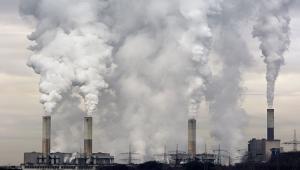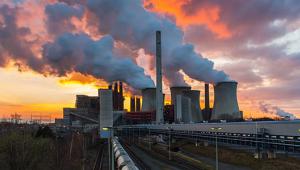A report from the ODI and Climate Action Network Europe found European governments and the EU provide more than €112bn (£88bn) each year to the production and consumption of fossil fuels, despite climate pledges to cut down harmful subsidies by 2020,
The EU provided an annual average of €4bn (£3bn) in fossil fuel subsidies through its budget, development and investment banks and funds between 2014 and 2016.
The EU has pledged to phase out environmentally harmful subsidies by 2020, including fossil fuels. European governments have made also made commitments to end subsidies under the G7 and the G20.
Shelagh Whitney, lead author and head of climate and energy at the ODI, told PF International that the role of public finance is “to finance the future”.
“Really, taxpayers’ money and public resources should be going towards the future, not the past. Where it is linked to fossil fuels, public resources should go to support workers and communities to transition, it should be going to support the poorest households who may have the most difficulty,” she said.
“That’s what governments should be doing.”
The ODI report found the transport sector to be the main beneficiary of subsidies, receiving more than 44% of the total government support.
“The air pollution crisis in cities across Europe and the recent diesel emission testing scandal have rightly led to increased pressure for governments to act, yet our analysis shows European countries are providing enormous fossil fuel subsidies to the transport sector,” said Whitney.
The EU and the European countries studied provided almost €7.3bn a year in public finance to oil and gas production in Europe and overseas. This is in addition to fiscal support and state-owned enterprise investment.
Germany, Italy, the UK and the EU provided the highest levels of public finance to oil and gas production.
“The EU must stop subsidising fossil fuels. Instead, the scarce resources of the EU budget and the EU’s development and investment banks should serve higher climate ambitions by financing the clean and sustainable energy transition,” said Wendel Trio, director of CAN Europe.
Countries studies were: the Czech Republic, France, Germany, Greece, Hungary, Italy, Netherlands, Poland, Spain, Sweden, and the UK.













